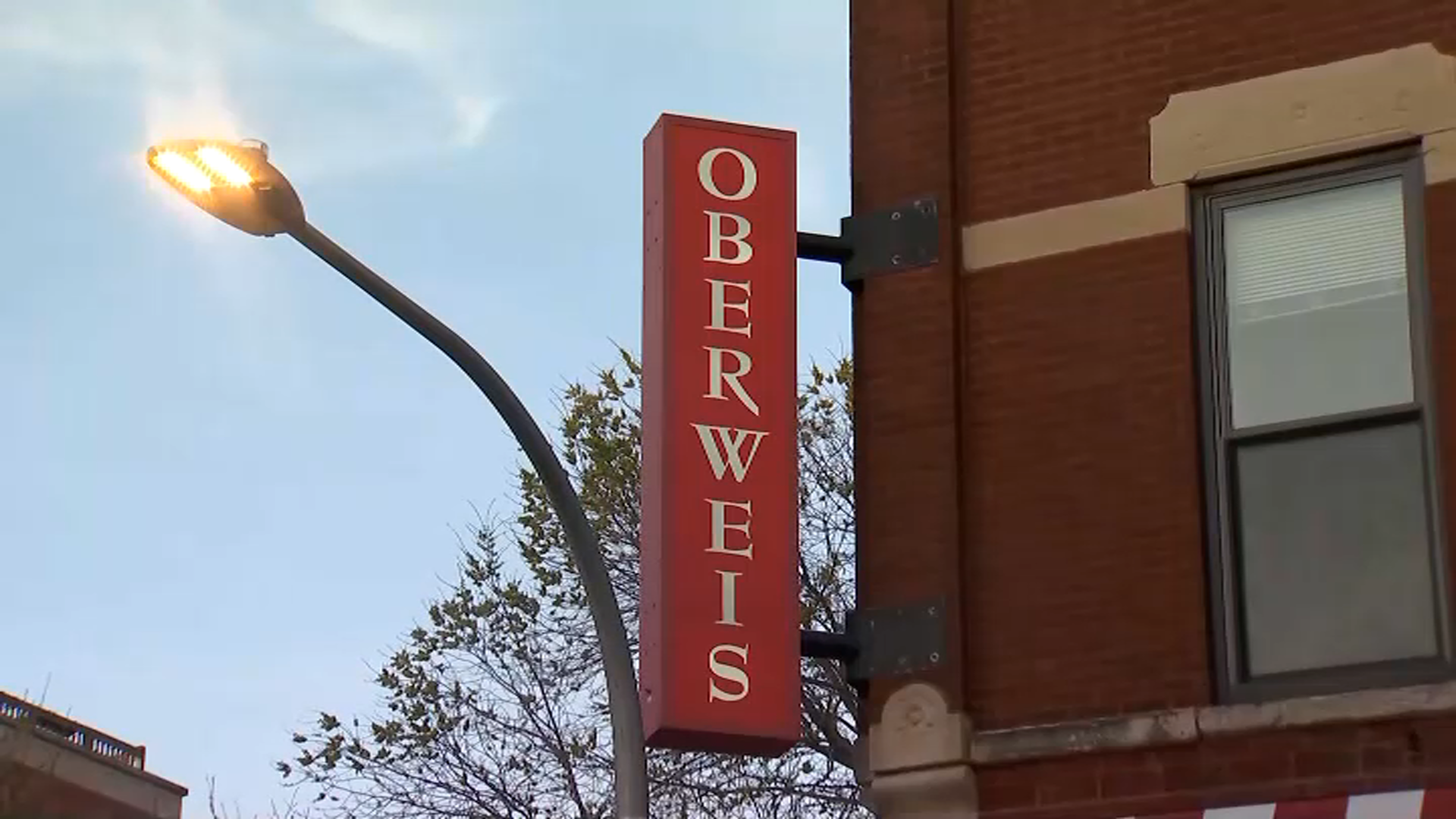Former Gov. Pat Quinn left office in a tumult: dozens of clemencies, laws and executive orders signed.
But he didn't bother with a final State of the State address.
For nearly 150 years, departing Illinois governors have been constitutionally obligated to report to lawmakers "on the condition of the state and recommend such measures as he deems desirable."
Quinn, who took over in 2009, is the third consecutive executive to fail to deliver. His predecessor, Rod Blagojevich, made a hasty and unplanned exit when he was impeached. The Illinois State Library can find no parting words by Gov. George Ryan in 2003.
Before his exit, Quinn told The Associated Press that he planned to pen his reflections, but did not say when. After more than 40 years in the government and citizen-advocacy business, he has plenty of material.
"That should also talk about recommendations too for the future," Quinn told the AP. "The problem in Illinois is important issues too often got stopped by powerful economic interests."
Quinn did not answer his home phone or cellphones this week. His former press secretary said a statement should appear in the next few weeks. He described a Jan. 6 talk at the City Club of Chicago as a final report to the people, but gave lawmakers nothing.
Local
The farewell address, not to be confused with the annual address given by the current officeholder, has an odd and opaque genesis. It made its debut in the 1870 Constitution, according to a review prepared in 1969 for a constitution study committee. It included what turned out to be a redundant requirement for the governor to account for money he apparently was given for personal expenses.
The 1970 Constitution retained the requisite yearly State of the State address as well as an exit exegesis. Pomp, if not substance, attends the annual address; a final utterance often goes unnoticed as attention turns to the shiny incoming administration.
"One of the purposes would be an opportunity for a retiring governor to reflect back on his term," said Charles Wheeler III of the University of Illinois at Springfield, who as a reporter covered the 1969 Constitutional Convention. "Obviously he's going to talk about the good things that, in his mind, were accomplished, maybe mention some of the challenges that remain, providing some advice to his successor."
Past addresses are often found in the House of Representatives' journal and sound very much like a traditional State of the State address, Illinois State Archives Director David Joens said. Another day, another speech.
The goodbye enjoyed a brief period of ceremony and sentimentality: Republican Govs. James Thompson and Jim Edgar published books summing up their administrations when handing over the Capitol keys in the 1990s.
Several current legislative aides were surprised when they couldn't find an address by Ryan. According to Blaine Redemer, government documents manager for the Illinois State Library, the last speech the Republican gave that qualifies as a message to the Legislature was an extraordinary 2002 Memorial Day homily to jump-start stalled talks over a budget with what was considered a then-ghastly $1.35 billion deficit.



